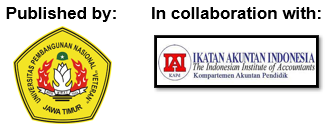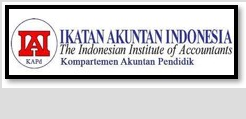Financial Statement Fraud: The Predictive Relevance of Fraud Hexagon Theory
DOI:
https://doi.org/10.33005/jasf.v5i1.249Keywords:
Fraud hexagon theory, Pressure, Capability, Opportunity, Rationalization, Arrogance, Collusion, Financial statement fraudAbstract
The pandemic situation has suppressed various businesses in Indonesia and has provided opportunities for business actors to practice window dressing for present good company performance. The practice of window dressing is an example of financial statement fraud. Therefore, to anticipate this fraud, it is very important to examine the factors that cause companies to commit financial statement fraud. This study aims to analyze the fraud hexagon theory and its relationship with financial statement fraud. The research was conducted on state-owned companies listed on the Indonesia Stock Exchange (IDX) for the last 5 years (2016-2020). The method used to test the hypothesis is log-regression analysis. The results of the study prove that external pressure as a proxy for stimuli, CEO duality as a proxy for collusion, and the nature of the industry as the proxied opportunity have predictive relevance to financial statement fraud. Even though from ten hypotheses only three hypotheses are proved, this result implied that when companies face a difficult situation and cannot achieve their financial target and they have the opportunity to change their financial records, it is very probable that they will conduct a financial statements fraud. Thus, the government needs to monitor and make policies to prevent this conduct for state-owned companies and other companies listed in IDX














